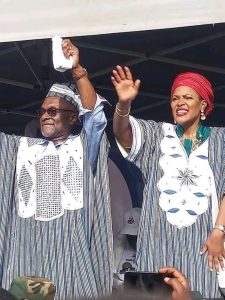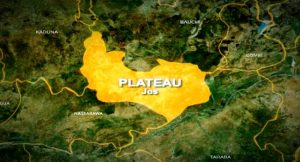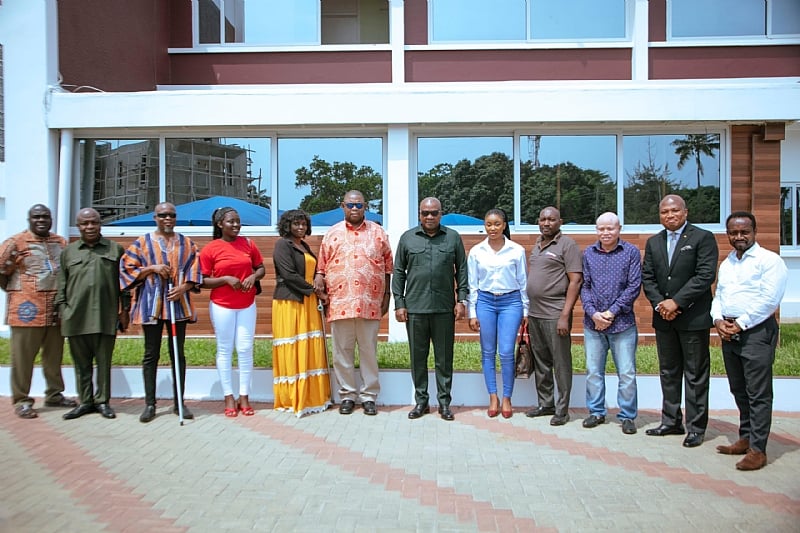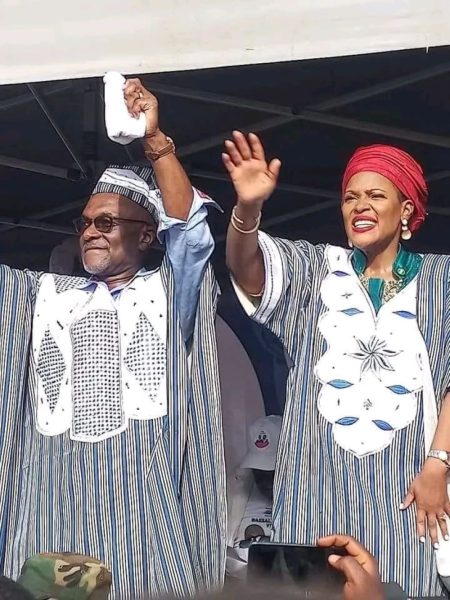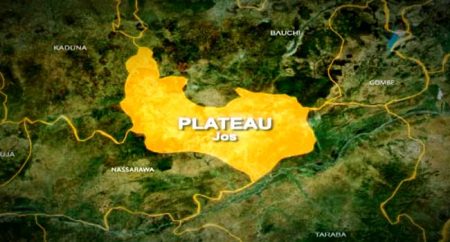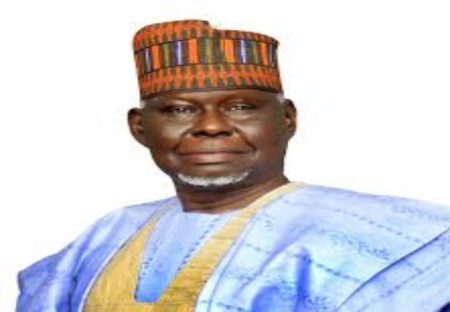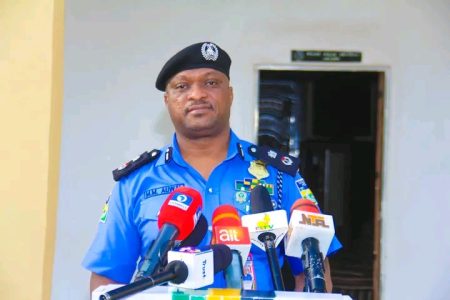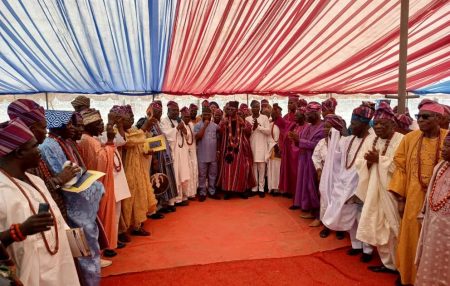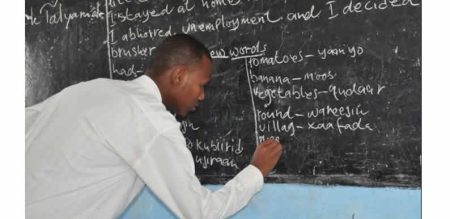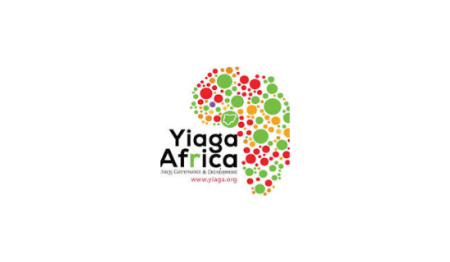As Ghana gears up for the presidential election slated for December 2024, John Dramani Mahama, the flagbearer for the National Democratic Congress (NDC), is garnering notable support from various sectors of society, especially from advocates for disability rights. One significant endorsement comes from Mariam Aziz, a prominent disability advocate and final-year student at the University of Ghana. In an interview, Mariam expressed her enthusiastic support for Mahama, underscoring his commitment to inclusion for persons with disabilities. She articulated the necessity for a change in leadership, stating, “Yes, it is time to reset Ghana,” and urging all Ghanaians to vote for Mahama to usher in policies that would benefit all, notably those marginalized, particularly persons with disabilities.
Mariam’s advocacy for disability rights is deeply personal, as she has grown up with hearing-impaired parents. This unique upbringing has shaped her perspective and fueled her passion for supporting the disability community. Reflecting on her experiences, Mariam embraced sign language as her first language, a skill that she regards as a gift inherited from her parents. Sharing her personal narrative, she described how this early environment instilled in her a profound understanding of the challenges faced by people with disabilities. “Sign language is a gift I inherited from my parents,” she noted, demonstrating how her family dynamics influenced her life path and advocacy efforts.
During her interview, Mariam highlighted the pervasive stigma associated with people with disabilities, asserting that societal assumptions often paint them as helpless or reliant on charity. She identified stigmatization as the most significant challenge that individuals with disabilities face both personally and collectively. She acknowledged the detrimental stereotypes that are all too common, stating, “It is a shame that people always assume people with disabilities are beggars.” Mariam’s insights reveal a pressing need for societal mindset shifts to foster a more inclusive environment for people with disabilities in Ghana.
Mariam’s praise for Mahama is not merely based on rhetoric; she cites specific actions taken during his previous tenure as evidence of his commitment to disability inclusion. Notably, she recalls Mahama’s groundbreaking decision to appoint Dr. Henry Seidu, a physically challenged individual, to lead the Ministry of Chieftaincy in 2013. Furthermore, she recognized the establishment of the NDC’s disability desk, which boasts over 200,000 active members, emphasizing that it is the only political party in Ghana with such an initiative. This desk is particularly remarkable as it is run by individuals with disabilities themselves, a point of pride for Mariam and an indicator of the party’s genuine investment in disability advocacy.
Looking ahead, Mariam expressed hope for the policies outlined in Mahama’s “Resetting Ghana Agenda,” specifically for persons with disabilities. She relayed key proposals aimed at empowering this demographic, including the introduction of free tertiary education, ensuring equitable access to learning environments. Additionally, Mahama’s administration plans to establish a minimum employment quota of 5% for persons with disabilities, coupled with skill training programs to enhance job opportunities. Furthermore, the proposed agenda emphasizes the promotion of sports for physically challenged individuals, providing avenues for showcasing talent and securing employment, thus creating a more inclusive environment.
In her concluding remarks, Mariam projected confidence that with Mahama at the helm, there would be significant strides toward creating a more inclusive Ghana for persons with disabilities. By endorsing Mahama, she envisions a future where policies are tailored to address the unique challenges faced by marginalized groups and where every individual, regardless of ability, can fully participate in national development. Mahama’s commitment to fostering inclusive education through the establishment of Tertiary Endowment Funds, supported by various stakeholders, underlines his vision for a Ghana where equity prevails, and where every citizen has the opportunity to thrive. Through this partnership with advocates like Mariam, Mahama’s plan aims to create a more responsive and equitable society in Ghana.


